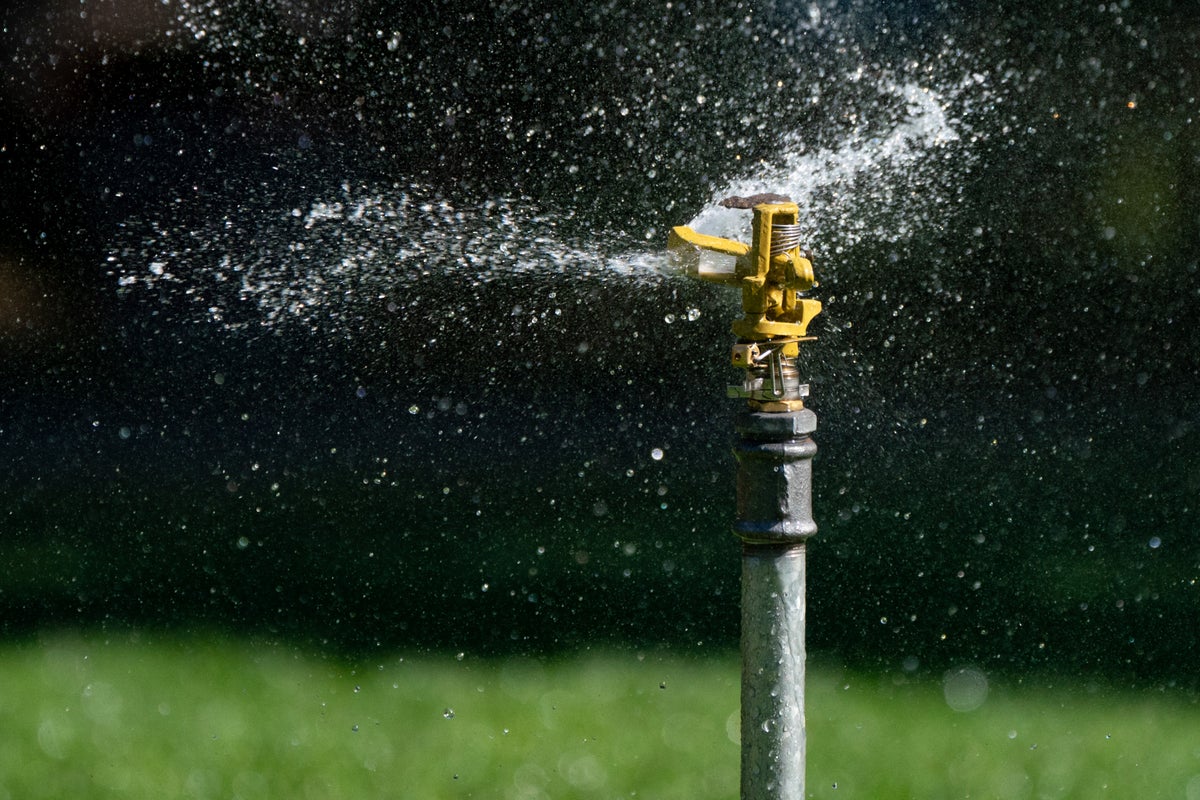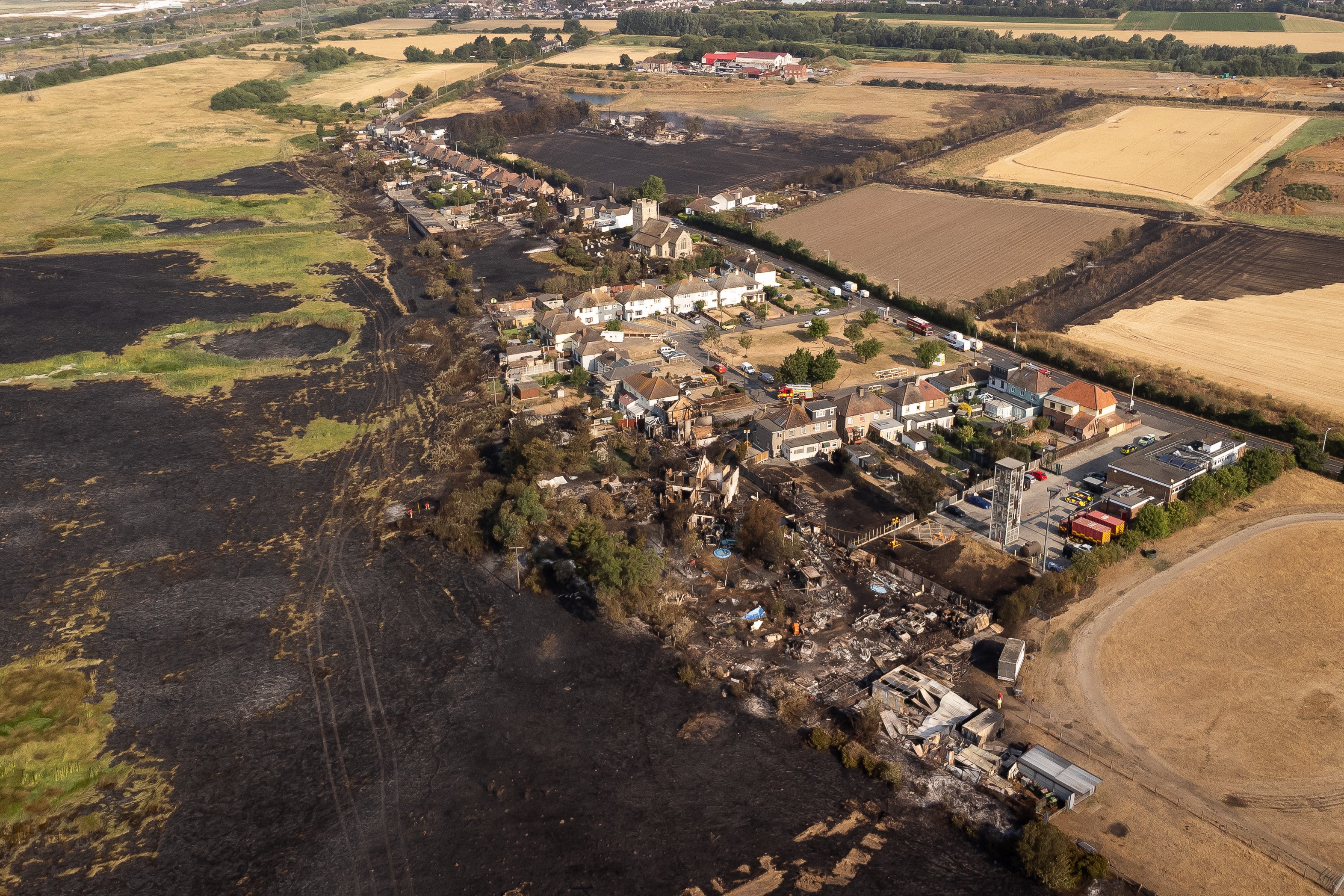
A major insurer is warning of increases in fire and subsidence claims due to extreme weather.
LV= General Insurance (GI) said it is dealing with claims costs totalling £1.2 million following the extreme heat and fire related incidents between July 17 and 20.
The majority of claims were caused by a fire starting in a nearby open area or heathland which spread into homeowners’ gardens, it said.

Many claims involve the loss of garages, fences, greenhouses, sheds and tools, garden furniture, and decking as well as lost trees, shrubs and flowers. In a minority of cases, claims involve the total loss of a home.
In one case, a mirror left in the garden was the cause for the fire-related incident, LV= GI said.
The sun’s rays reflected off the mirror and onto a wheelie bin, which caught fire and spread across the garden.
We’re really starting to see the effects of climate change and the impact this is having on homes— Sarah Smith, LV= GI
In other cases, compost heaps have helped to fuel fires.
LV= GI said it is gearing up for a subsidence peak. It said that with hose pipe bans on the horizon and soil already dry, August could see a spike similar to 2018, when subsidence claims increased by 51% in the first half of the year compared with the same period in the previous year, due to exceptionally hot weather.
Currently, soil moisture deficit is at the same levels seen in 2018, which could result in properties sinking because the soil is unstable. LV= GI analysis also indicates that southern and central England have had lower rainfall levels in 2022 than 2018.
Sarah Smith, head of home underwriting at LV= GI said: “We’re really starting to see the effects of climate change and the impact this is having on homes – whether that be storm, flood, fire or subsidence claims – which have all risen in recent years depending on the season.
“This summer we’ve really seen the effects of extreme heat, even from leaving items out in the garden which in usual conditions you wouldn’t expect to catch fire. As a country, we’re going to need to adapt and ensure existing houses are better protected, as well as really consider the locations planned for new houses which may be in areas more prone to events such as fires starting and spreading rapidly.”
Here are LV= GI’s tips to help prevent subsidence:
1. Prune trees and large shrubs to prevent soil from drying out. Seek professional advice from a tree specialist if you need to.
2. Check water pipes and guttering for leaks which can wash away or soften soil.
3. Lay porous materials around the home, such as gravel or grass, to allow water to drain naturally.
And here are its tips to help prevent outside fires:
1. Keep any reflective materials out of the sun if left in the garden.
2. Put away gas barbecue cylinders when not in use.
3. Manage compost heaps by turning regularly to ensure they do not become overly dry.







